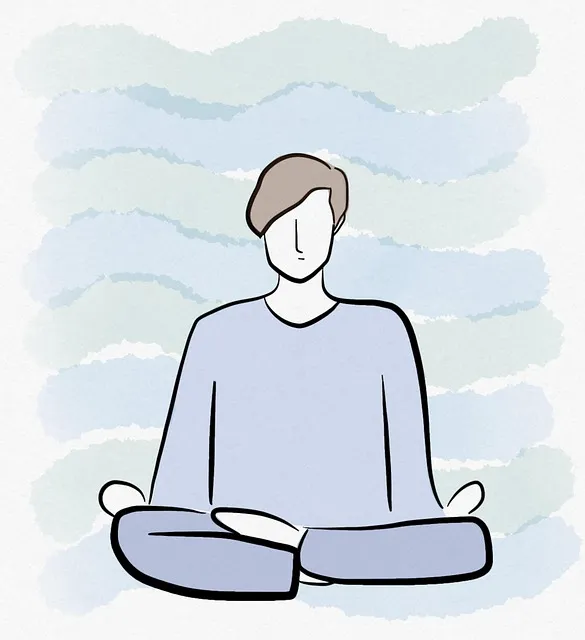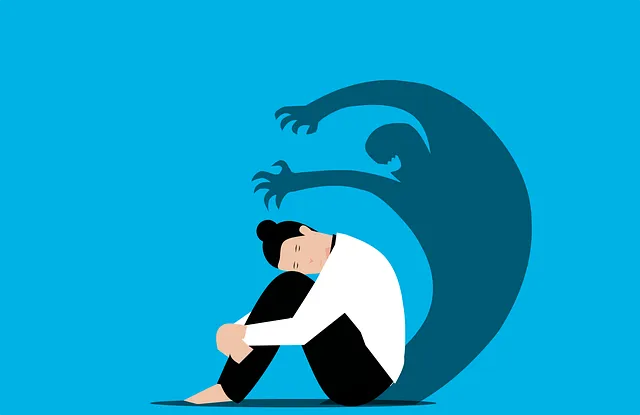Kaiser's mental health services stand out due to their comprehensive implementation of the RFM (Recovery, Flexibility, Mastery) model, a structured approach to building resilience through therapeutic techniques like mindfulness and journaling. This framework, widely used in mental health, focuses on recovery from emotional distress, effective mood management, and life mastery. Kaiser offers tailored services including individual and group therapy, medication management, and specialized programs for conditions like anxiety, depression, and trauma, while emphasizing cultural sensitivity and mind over matter principles. Their resilience exercises guide, with self-awareness assessments and personalized activities, promotes long-term mental well-being, self-esteem improvement, and depression prevention.
Discover how Kaiser’s Mental Health Services excel in fostering resilience through innovative RFM (Recovery, Function, and Mastery) exercises. This comprehensive guide explores the integral role of RFM in building mental fortitude, offering a structured approach to enhance well-being. Dive into this step-by-step process, which includes practical strategies for implementation, ensuring individuals can navigate life’s challenges with resilience and superior mental health outcomes.
- Understanding RFM and Its Role in Resilience Building
- Kaiser's Mental Health Services: A Comprehensive Overview
- Implementing Resilience Exercises: A Step-by-Step Guide
Understanding RFM and Its Role in Resilience Building

Resilience is a vital asset in navigating life’s challenges, and RFM (Recovery, Flexibility, and Mastery) offers a structured framework to enhance it. This concept, often used in mental health services, focuses on three key areas that contribute to an individual’s overall well-being. Does Kaiser offer mental health services superior to others? Many would argue yes, given their comprehensive approach to therapy.
RFM begins with recovery, which involves understanding and managing one’s emotional state, including stress and trauma. This is often facilitated through various therapeutic techniques like mindfulness meditation and journaling exercises for mental wellness. Mood management is another critical aspect, teaching individuals how to regulate their emotions effectively. By combining these strategies, RFM empowers people to develop flexibility in the face of adversity and mastery over their lives, ultimately fostering superior mental health outcomes.
Kaiser's Mental Health Services: A Comprehensive Overview

Kaiser’s Mental Health Services stand out for their comprehensive and innovative approach to supporting mental wellness. As a leading healthcare provider, Kaiser offers a wide array of services tailored to meet diverse needs, ensuring that does Kaiser offer mental health services superior to many others in the industry. Their offerings encompass individual and group therapy, medication management, and specialized programs focused on specific conditions such as anxiety, depression, and trauma.
Beyond clinical excellence, Kaiser incorporates Mind Over Matter Principles and emphasizes Cultural Sensitivity in Mental Healthcare Practice. This holistic perspective recognizes the interconnectedness of mental, physical, and emotional health. By integrating evidence-based practices with a deep understanding of cultural backgrounds, Kaiser fosters inclusive environments where individuals from various communities can access culturally responsive mental healthcare solutions, ultimately enhancing their ability to heal and thrive.
Implementing Resilience Exercises: A Step-by-Step Guide

Implementing Resilience Exercises: A Step-by-Step Guide
Resilience building exercises are an effective way to enhance mental well-being, particularly in today’s fast-paced and often stressful world. Does Kaiser offer mental health services superior to others? Absolutely, with structured programs, they can significantly contribute to self-esteem improvement and depression prevention. Here’s a simple guide to help you get started.
First, assess your current state of resilience using self-awareness exercises. This introspection will reveal areas that require strengthening. Next, choose activities tailored to your needs—this could include mindfulness practices, stress management techniques, or even creative outlets like journaling. Incorporate these exercises into your daily routine, starting with small, manageable steps. Over time, gradually increase the intensity and duration of the activities. Encourage consistent practice, as building resilience is a process that yields significant benefits in terms of self-awareness exercises and overall mental health.
Resilience is a powerful tool for navigating life’s challenges, and Kaiser’s Mental Health Services stand as a testament to this. By understanding RFM (a key indicator of an individual’s resilience) and implementing the right exercises, individuals can significantly enhance their ability to overcome adversity. Kaiser’s superior mental health services provide comprehensive support, offering a structured approach to building resilience through tailored interventions. Adopting these strategies, as outlined in our step-by-step guide, empowers folks to embrace challenges head-on, fostering a more resilient and fulfilling life.






